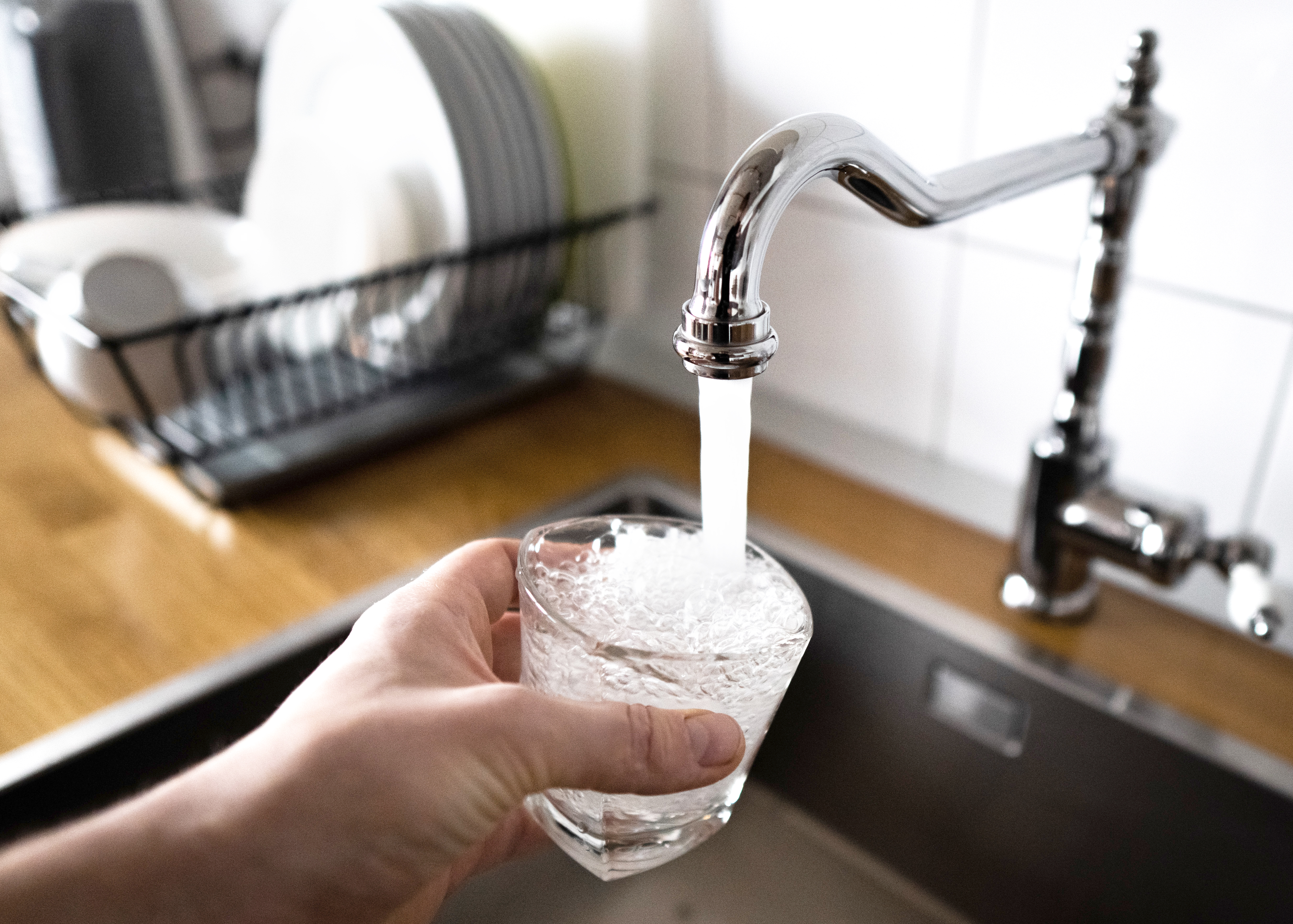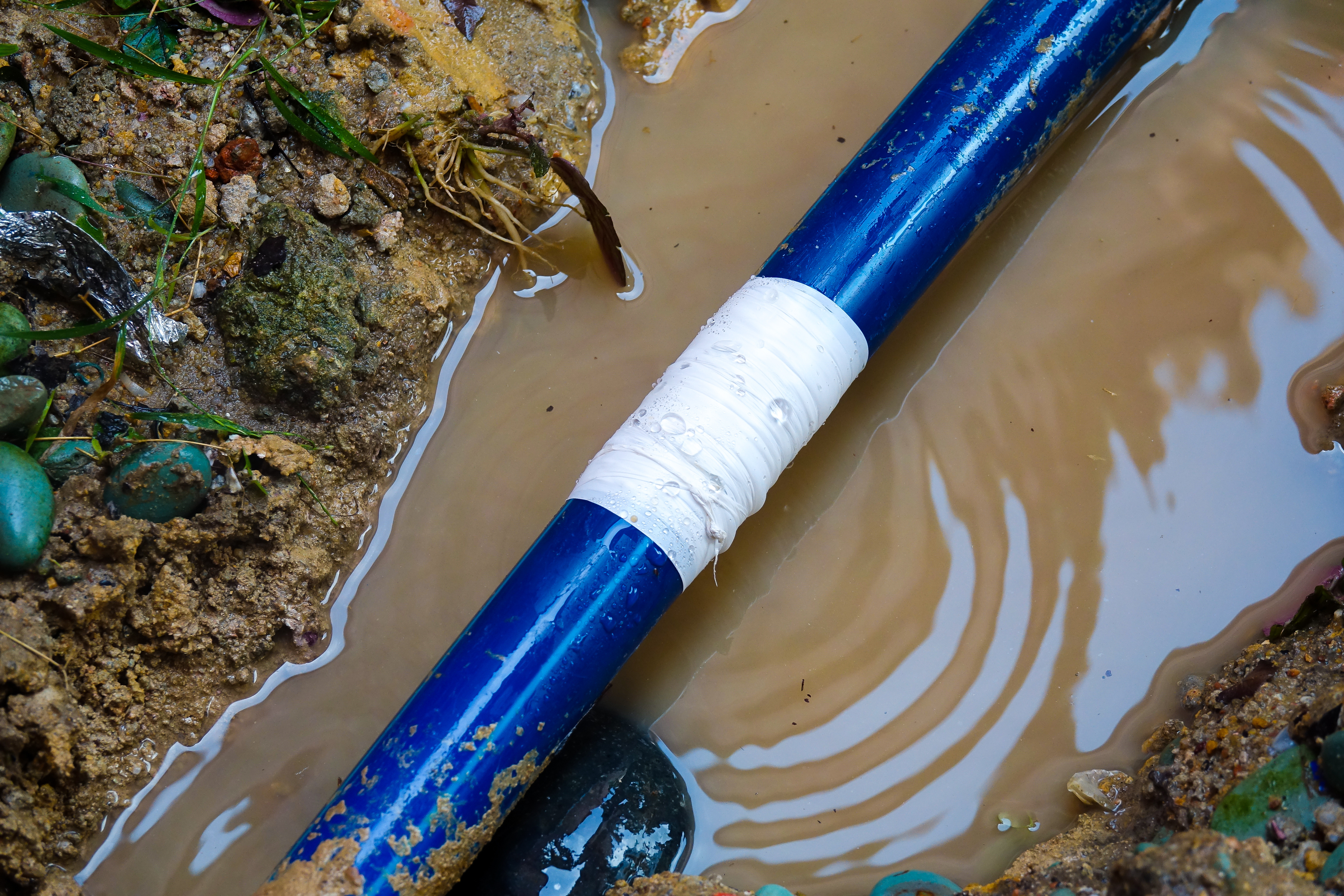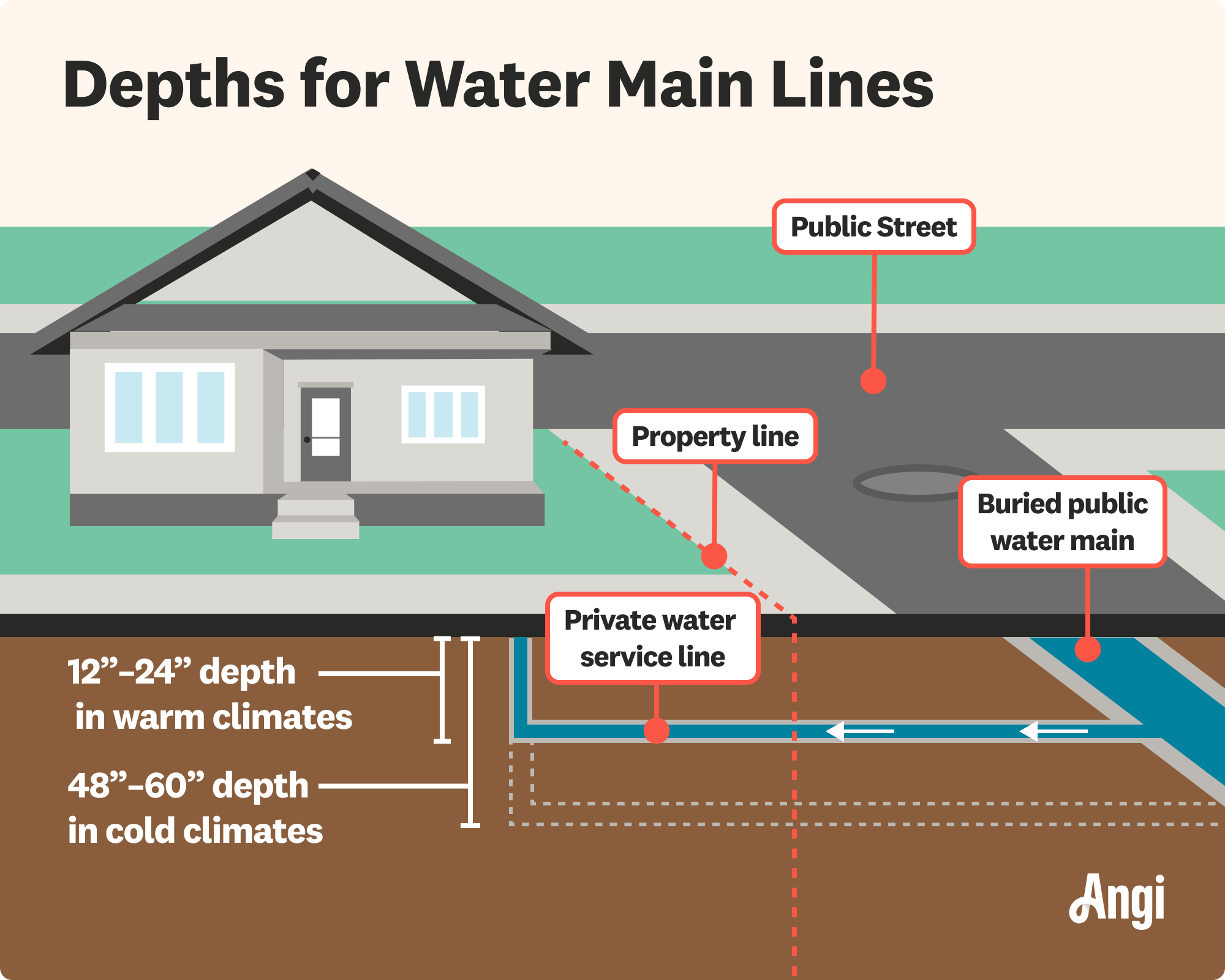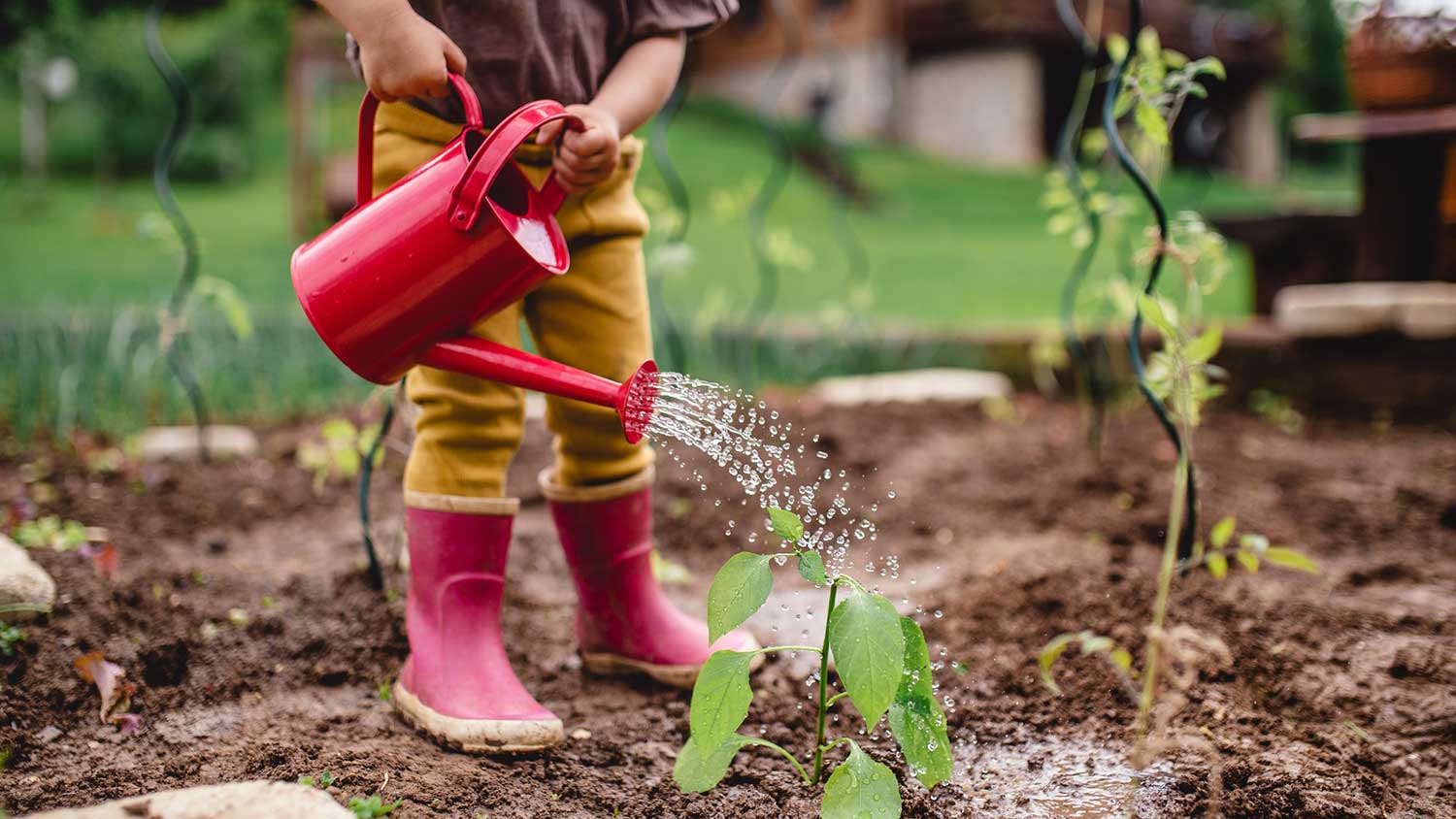
Learn about main water line repair costs in Columbus and what affects pricing to be prepared before you start getting estimates.
Main water line replacement costs in Philadelphia average $2,303 but range from $470 to $5,000, depending on factors such as length, materials, and the installation method.


Main water line replacement cost in Philadelphia depends on its length, materials, and installation specifics, which can involve excavation in rocky areas.
The average cost range for the job is between $50 and $150 per linear foot.
Philadelphia homeowners pay close to the national average for main water line replacement.
Copper, PVC, and PEX are the most common main water line materials in the Philadelphia area.
The average cost of main water line replacement in Philadelphia is $2,303, with a typical range of $470 to $5,000. The cost of living in Philadelphia is slightly higher than the national average, which also accurately reflects plumbing service prices in the area. Budget-friendly trenchless installations are common. However, some areas around the city require trenching at a higher average cost.
The primary factors determining the cost of your main water line replacement are length, materials, and installation method. Your local plumber has area knowledge and is the best resource when determining who to call if your water main breaks.
The distance between your home and the city's water supply pipe is a significant cost factor and acts as the multiplier when calculating prices for main water line replacement. Expect to spend between $50 and $150 per linear foot for most replacements and up to $250 per foot for challenging installations, particularly if the area's schist bedrock comes into play.
Philadelphia can get cold in the winter, and the official frost line depth is 30 inches. However, your precise location in the area will have specific depth requirements for your water line replacement. Some places require installations at a depth of 48 inches.
Your contractor can employ one of two methods to achieve the necessary depth, including digging a trench or tunneling from the city's water supply line to your home. While trenchless installation is more budget-friendly and less intrusive, trenching is sometimes necessary where Philadelphia's soil runs shallow and bedrock or other underground obstacles are near the surface.
| Installation Method | Average Cost Range per Linear Foot |
|---|---|
| Trench | $50–$150 |
| Trenchless | $75–$250 |
Philadelphia's soil is naturally slightly acidic, but not acidic enough to cause underground installation problems. However, inner-city areas can have highly acidic soil. These factors will help determine your contractor's selection of the best main water line material. Each has pros and cons and unique price points.
| Material | Cost (per linear foot) | Pros | Cons |
|---|---|---|---|
| Copper | $2–$10 | Durable, freeze-resistant | Costly, susceptible to corrosion in acidic soil |
| PEX | $0.40–$2 | Budget-friendly, flexible, freeze-resistant | Requires special fittings |
| PVC | $0.50–$5 | Budget-friendly | Susceptible to various damages |
| Cast Iron | $2–$10 | Durable, freeze-resistant | Outdated, rusts, susceptible to corrosion, costly |
| FRP | $5–$10 | Durable, freeze-resistant | Costly |
How easily your installer can reach the installation location and the depth of your main water line can be a significant pricing factor. Obstructions such as landscaping obstacles, driveways, sidewalks, boulders or schist outcroppings, and tree roots can all have a pricing effect.
Surface obstacles have less of an effect on the cost of trenchless installations. However, if other factors make trench installation necessary, you can expect to pay more for installation and additional services after the fact.

After installing your home's new main water line, your installer will need to connect it to your home and the city's water main. While these costs are part of your pricing estimate, unforeseen challenges can increase the job's cost. Expect to spend an additional $300 to $1,000 if you need to replace your home's main shut-off valve to accommodate the new line.
Because specialized tools, equipment, and knowledge are necessary when replacing a main water line, it's not suitable as a DIY task. Instead, a water main expert in the Philadelphia area is the best option. Additionally, depending on the scope of work, you may also need other services to complete the job.
The labor cost of replacing your water line in or around Philadelphia hovers right around the national averages, despite the area's higher-than-average cost of living. Expect labor charges to make up between 35% and 60% of the total job cost, or between $18 and $90 per linear foot, on average.
Philadelphia requires your contractor to obtain a plumbing permit to replace your home's main water line and to handle the subsequent inspections. Permit costs for this type of work average between $100 and $500, reflect a percentage of the job cost, and will be part of your pricing estimate.
If your water main replacement requires trenching, schist removal, or landscaping alterations, or your home's foundation needs repair during or after the task, you may require one or more of these additional services.
Landscaping costs: $1,250–$6,300
Driveway contractor costs: $3,100–$7,400
Foundation repair costs: $2,200–$8,100
Replacing or repairing your home's main water line in a timely fashion is crucial when necessary. Doing so helps minimize the chances of causing potentially severe water damage to the house, its foundation, or your landscaping. However, because the water main is a necessary component of a functioning house, homeowners generally don't experience any significant monetary return on investment (ROI) when replacing it. Furthermore, failing to replace it when necessary can negatively impact the home's resale value.
Home is the most important place on earth, which is why Angi has helped more than 150 million homeowners transform their houses into homes they adore. To help homeowners with their next project, Angi provides readers with the most accurate cost data and upholds strict editorial standards. We’ve surveyed thousands of real Angi customers about their project costs to develop the pricing data you see, so you can make the best decisions for you and your home. We pair this data with research from reputable sources, including the U.S. Bureau of Labor Statistics, academic journals, market studies, and interviews with industry experts—all to ensure our prices reflect real-world projects.
Want to help us improve our cost data? Send us a recent project quote to [email protected]. Quotes and personal information will not be shared publicly.
From average costs to expert advice, get all the answers you need to get your job done.

Learn about main water line repair costs in Columbus and what affects pricing to be prepared before you start getting estimates.

Whether you’re changing your home’s floor plan in a remodel or just replacing old, worn-out plumbing, this guide will help you estimate the cost of repiping a house.

Learn how much plumbers cost in Columbus, Ohio. Discover pricing for faucet repairs, pipe work, and emergency services, plus how you can save money.

Is installing a pot filler over the stove worth the cost? We have everything you need to know, including pros, cons, costs, and answers to your common questions.

It’s a big issue when no cold water is coming out of the faucet. Whether it’s a pipe problem or something else, take these steps to identify the cause and get cold water flowing again.

Discover grey water system cost details to learn about installation, maintenance, and ways to save on your home’s grey water system.